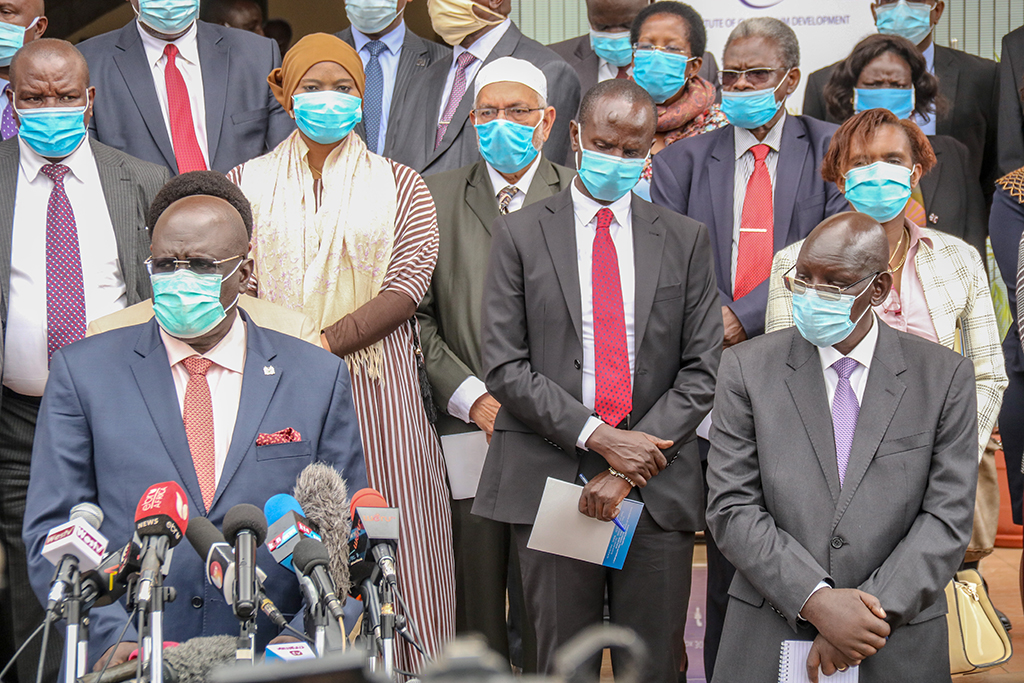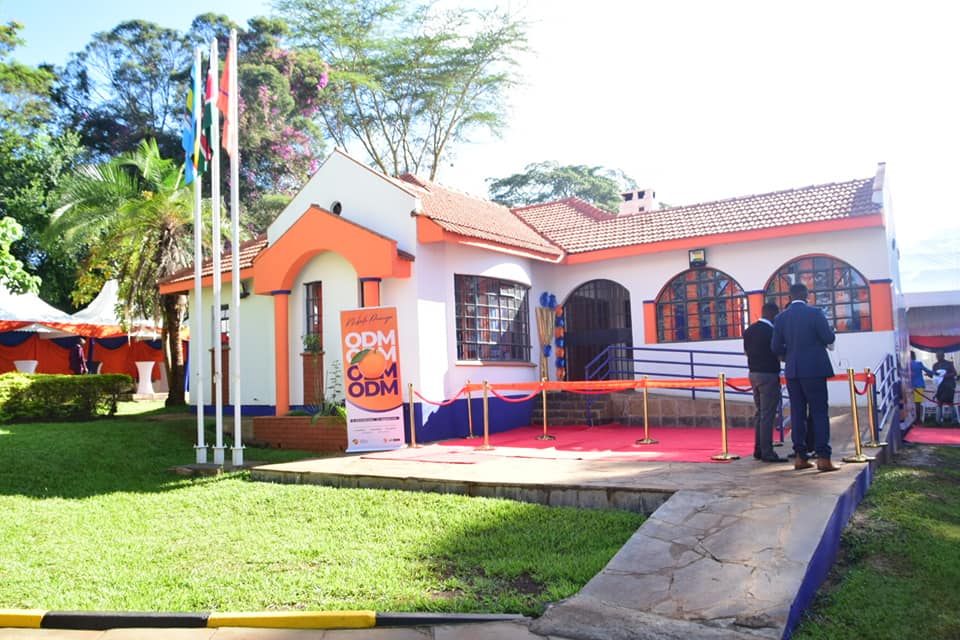The Government through the National School-Based Deworming Program (NSBD) has announced a plan to deworm 4 million children across 14 counties on September 14-16 2021.
The NSBD, an intervention jointly implemented by the Ministry of Education and the Ministry of Health, provides deworming treatment in schools to children who are at risk of contracting intestinal worms, a condition that affects their health, nutrition, and overall well-being.
The programme has become a globally recognized, high-impact model for successful inter-ministerial partnership, and has resulted in millions of Kenyan children growing up without having experienced worm infection.
The NSBD aims to treat annually at least six million children aged 2-14 years in areas at risk of worm infection. The deworming treatment is administered in over 19,000 primary schools and ECD centres by trained schoolteachers, reaching both enrolled and unenrolled children.
The treatment is free, safe, effective, and highly recommended by the World Health Organization.
Read More
A recent study conducted by the Kenya Medical Research Institute (KEMRI) shows that the program has been highly effective in reducing worm infections. Between 2012 and 2018, the prevalence of soil-transmitted helminths (STH) decreased 62% amongst the children sampled in the study.
This year, the NSBD dewormed 2.6 million children in March 2021 across seven counties in Western Kenya.
File image of students in class
The programme will target for treatment another 4 million children from September 14-16 in 14 counties including Narok, Nyamira, Kisii, Migori, Busia, Siaya, Kisumu, Homa Bay, Lamu, Tana River, Kilifi, Mombasa, Kwale, and Taita Taveta Counties.
The program is implemented at the County level with both County Director of Education and Health taking leadership of the activities from County level down to each school providing treatment.
Intestinal worms are a major public health problem in Kenya – at least six million children are at risk nationally. Worm infections, if left untreated, interfere with nutrient intake and can lead to anemia, malnourishment, and impaired mental and physical development.
Rigorous research, mainly conducted in Kenya, has shown that receiving deworming treatment can improve children’s cognition, physical development, and school attendance. These impacts yield long-term benefits to children’s well-being.
A recent study conducted in Kenya by a team led by Edward Miguel and Nobel Laureate Michael Kremer found that children who received two to three years of deworming treatment increased their income by 13% and household consumption by 14% as adults 20 years after the fact, when compared to children who were not dewormed.
The programme is jointly operated by the Ministry of Education and Ministry of Health, and is supported by several partners.
Evidence Action, an international NGO working across seven countries, provides technical assistance to ensure high-quality delivery of the programme. The Kenya Medical Research Institute (KEMRI) provides impact monitoring.
This year’s deworming day activities will be observed and flagged off by Dr. Julius Jwan - Principal Secretary – Ministry of Education and the Dr. Patrick Amoth - Director General – Ministry of Health.

-1713536678.jpg)
-1710390248.jpg)



